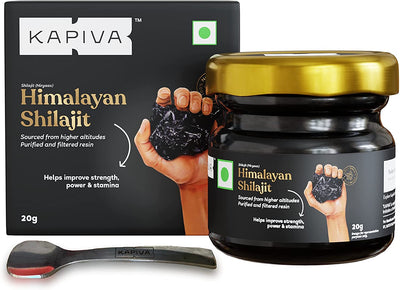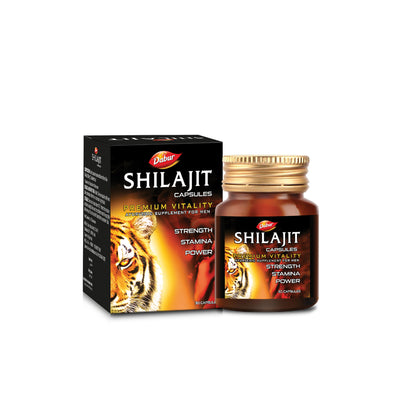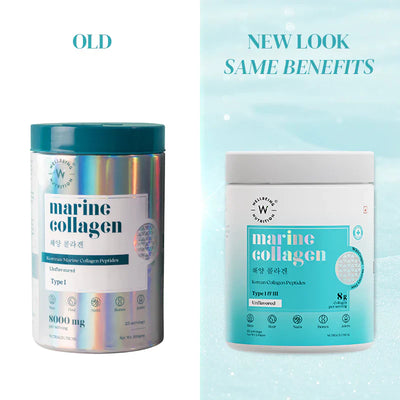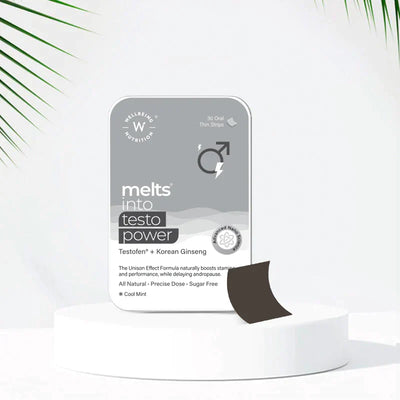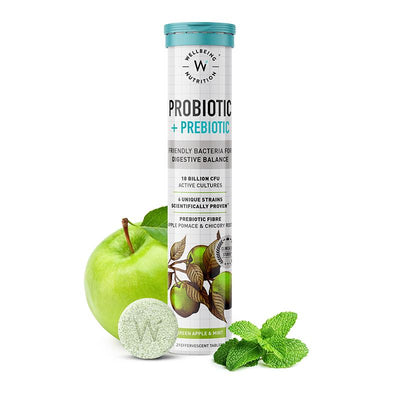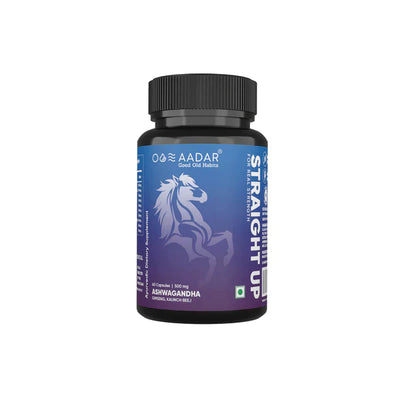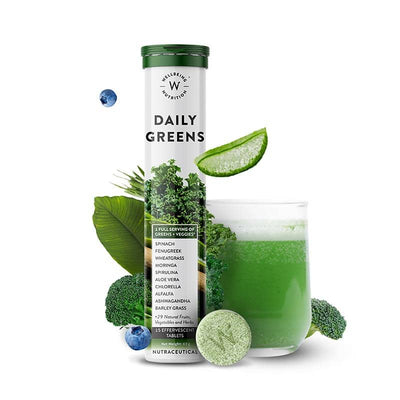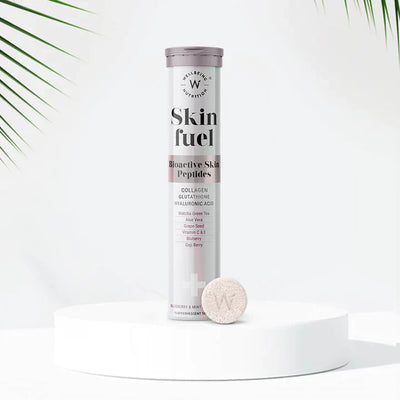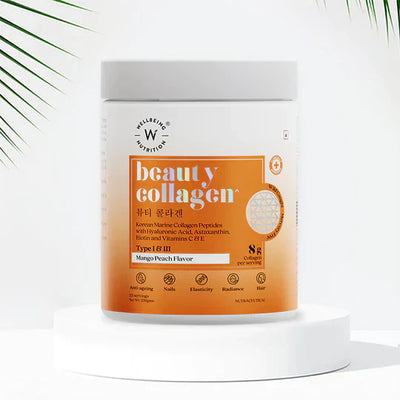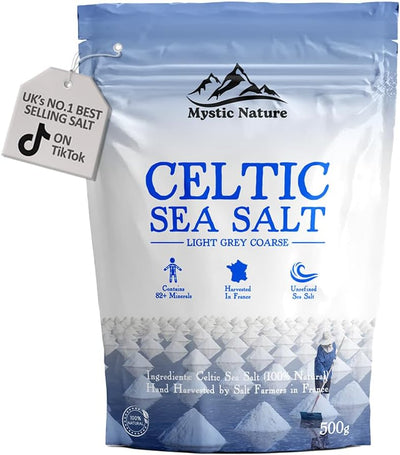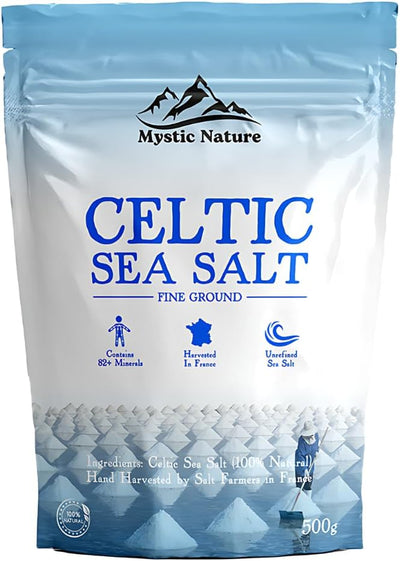فلتر
2 نتائج
الأكثر مبيعا
- مميز
- الأكثر مبيعا
- أبجديًا، AZ
- أبجديًا، ZA
- السعر من المنخفض إلى المرتفع
- السعر من الأعلى إلى الأدنى
- التاريخ، من القديم إلى الجديد
- التاريخ، من الجديد إلى القديم
- Sort by discount
نوع
فرز حسب:
- مميز
- الأكثر مبيعا
- أبجديًا، AZ
- أبجديًا، ZA
- السعر من المنخفض إلى المرتفع
- السعر من الأعلى إلى الأدنى
- التاريخ، من القديم إلى الجديد
- التاريخ، من الجديد إلى القديم
- Sort by discount

